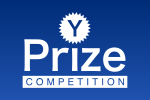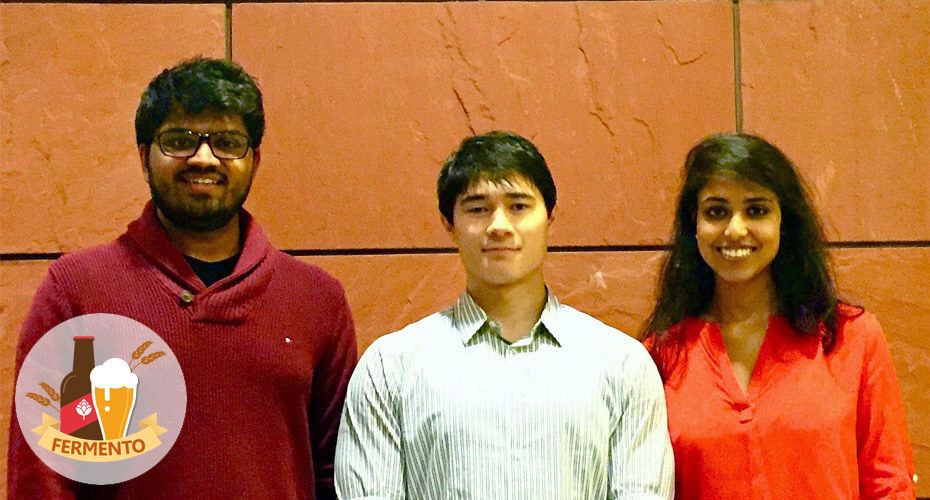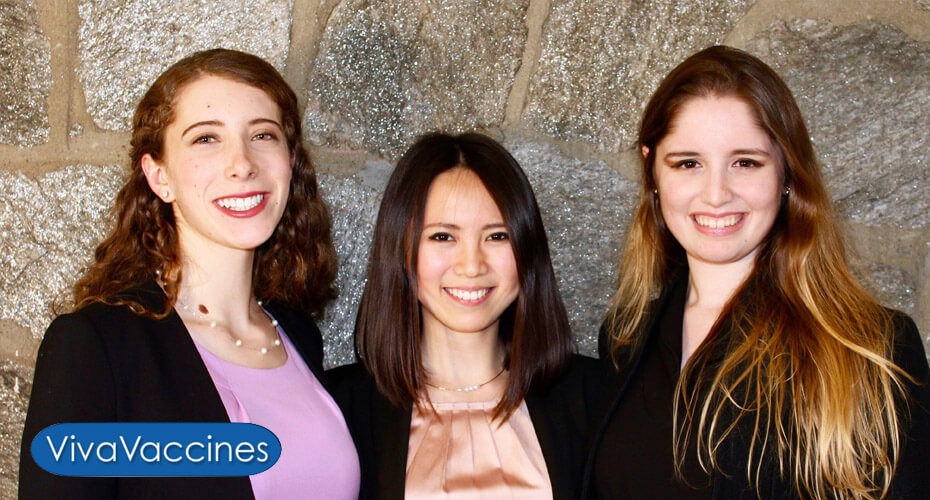 Since 2012, the Y-Prize Competition has become a familiar fixture for Penn students interested in the intersection of engineering and business. This most recent iteration of the contest tweaked the script, however, with a new focus on technologies invented in a medical context. Students were invited to propose innovative new uses for these technologies both in and out of the medical field.
Since 2012, the Y-Prize Competition has become a familiar fixture for Penn students interested in the intersection of engineering and business. This most recent iteration of the contest tweaked the script, however, with a new focus on technologies invented in a medical context. Students were invited to propose innovative new uses for these technologies both in and out of the medical field.
A record number of 22 cross-disciplinary teams entered this year’s competition, and the overall quality of the submissions continues to rise year after year. Of the three biomedical engineering technologies featured in the competition, it was the microfluidic fabrication technology originating in Professor David Issadore’s lab that sparked the most students’ imaginations. All three of the finalist proposals offer a novel application for this technology.
These finalists have proposed ideas that would bring drug manufacturing right to the patient’s bedside, accelerate the production process of beer, and take the needle out of vaccine delivery.
We are thrilled to announce this year’s finalists:
Amsterdam Fluidics
Ronald AngSiy, WG’17; Enrique Lin Shiao, Gr’18; Maria Paniagua Avila, PH’17; and Alex (Shun-Heng) Yu, GEng’17

Amsterdam Fluidics offers a novel technology to encapsulate drugs. Our technology allows quick and easy onsite drug encapsulation and delivery in a patient’s room, bypassing high-cost manufacturing and the need for refrigerated transportation. Our product is produced at low cost, it is environmentally friendly, and it requires minimal basic hospital equipment to function. It will not only lower production and product costs but also allow for vital encapsulated drugs to be easily transported and delivered to patients all across the world.
Fermento
Alexander David, GEng’17; Shashwata Narain, WG’17; and Siddharth Shah, WG’17

Fermento applies Penn’s proprietary droplet-maker technology to speed up the production process used by the $520 billion global beer industry to make beer. Fermentation is a significant bottleneck in beer production as yeast takes up to three weeks to convert sugar liquid into alcohol in a batch reactor setting. Through microfluidic-based production, Fermento can speed up fermentation by up to 9 times that of existing batch reactors while maintaining alcohol quality and composition at an industrial scale. Faster beer production can lead to substantial cost reductions, and supply and profit growth for large-scale beer manufacturers, as well as smaller microbreweries.
VivaVaccines
Allison Caramico, EAS’18; Julia Peng, W’17; and Ece Sahin, W’18, EAS’18 (M&T)

VivaVaccines is a dual-delivery vaccine technology that uses microfluidics to improve the quality and cost of vaccines. Our product has two branches: VivaPatch and VivaSpray. VivaPatch is a skin patch intradermal vaccine, and VivaSpray is an aerosol mucosal vaccine. VivaVaccines can provide stronger immunity by targeting areas of the body where pathogens are often first encountered. VivaVaccines provide a distinct advantage among vaccine delivery methods: its easy, needle-free application allows for increased accessibility without depending on healthcare providers. Without this reliance on needles, sharps disposals, or provider availability, VivaVaccines can dramatically alter the efficiency, effectiveness, and accessibility of vaccinations.
What’s Next
These teams have been paired up with tech and business consultants to continue refining their ideas over the next two months. They will pitch their proposed applications live to a panel of judges at the Y-Prize Finale on January 25, 2016 for a grand prize of $10,000 – that’s double the prize money from previous years.
We offer a hearty congratulations to all entrants for their hard work and ingenuity!



